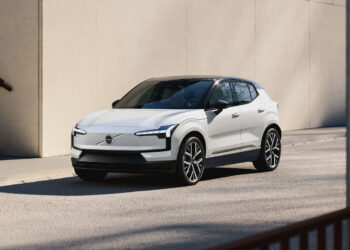So far, copper has been an essential element in the manufacturing of electric motors, which are increasingly common in modern cars, making it hard to imagine a transition scenario towards a more electrified mobility without this metal playing a crucial role, thanks to its conductivity. However, there are those who aspire to a different future, and, above all, a less “dependent” one: a team of South Korean researchers from the Korean Institute of Science and Technology (KIST) has developed a prototype of an electric motor without copper inside.
Aware of the potential for progress in 100% electric vehicles, also in terms of efficiency, these scientists are committed to developing motors with a significantly reduced weight, which is the reason behind the absence of copper coils in the prototype (replaced by carbon nanotube windings, which also have very high electrical conductivity). Considering that common electric motors can contain between 10-25 kg of copper, the weight reduction achieved is very significant.
At the same time, the new material supports significant increases in motor performance, which means more power and, above all, more efficiency, which also potentially has a positive impact on range. Another advantage of the concept is the possibility of using recyclable materials, thus anticipating a more sustainable production.
The KIST researchers have already started the engine testing program, using applications in small vehicles. The ambition in this first phase is moderate, as the main objective is to demonstrate that the concept works and has enough potential to represent a real alternative to conventional electric motors.










